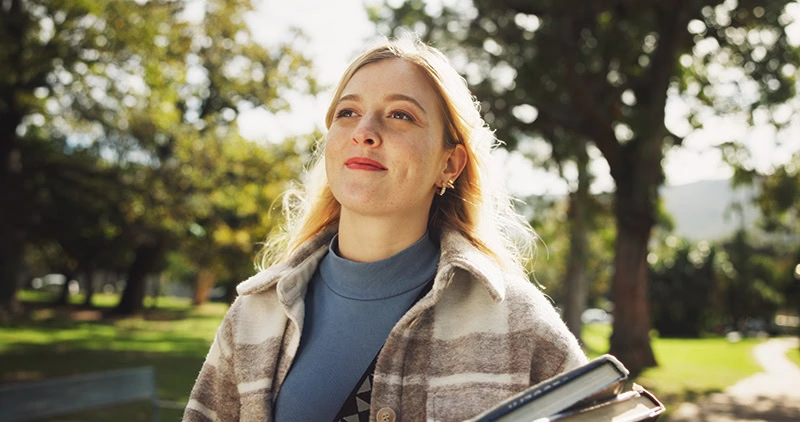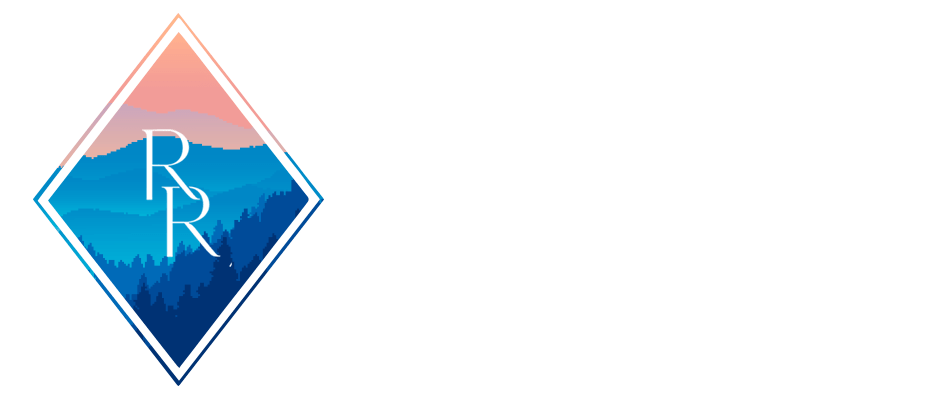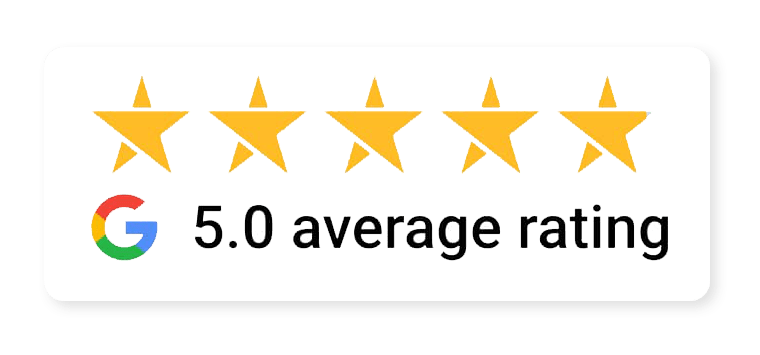When you participate in drug and alcohol treatment, you are constantly surrounded by support from your care team and from other people in recovery. But what happens when you leave? This is when many people are at their most vulnerable position, and this is when they need a support plan the most.
Keep reading to learn what a relapse prevention plan includes and how it can help support you after treatment. Ritual Recovery is a trusted drug rehab in North Carolina that can help you craft a plan to set you up to maintain your recovery long-term.
What is a Relapse Prevention Plan?
A relapse prevention plan is a plan of action that you create, ready to execute whenever you are struggling with triggers, stress, or challenges throughout life.
After you leave treatment, you will struggle with many new challenges like making new friends, coping with stress at work or changing your job, finding new housing or educational opportunities, repairing relationships with friends and family, and much more.
Stress is a regular part of life, but for those who are in recovery, what seem like small stressors can have potentially large impacts. A relapse prevention plan provides things like tools and strategies you know work for you when you are depressed, lonely, or anxious.
These are all activities you can do or people you can call when you are triggered and at risk for a relapse.
Relapse Prevention Plan: Customizing Your Recovery
When you are in recovery, you will need a relapse prevention plan to help you manage:
- Stress
- Triggers
- Isolation
- Challenges
There are several techniques you can incorporate into your recovery plan. Below are a few examples:
Support Groups
Participating in support groups is an essential part of any relapse prevention plan. Several studies indicate that those who continue to participate in support groups after treatment see higher levels of success and are able to postpone relapses or diminish the severity of relapses as a result.
CBT Techniques
Different therapies can introduce you to ways you can tackle concerns, anxiety, or stress. One example is “Worry Time,” where you set aside a specific amount of time–usually around 10 or 15 minutes–to write down all the things that are causing you anxiety or stress and try to find solutions for them.
These types of techniques can be especially important when it comes to regulating emotions and preventing anxiety or depression from consuming your thoughts throughout the day.
Socialization
Socialization is very important when it comes to managing triggers and creating long-term sobriety. One of the leading causes of relapse is isolation and loneliness immediately after seeking treatment.
You can thwart this by setting aside regular time on a weekly basis to chat with your friends or family. Staying in regular contact with those closest to you can have a positive impact on your overall well-being and your mood.
If possible, set aside regular time to do in-person activities as well, which could double as outdoor hiking or physical activity such as yoga.
Progressive Relaxation
With progressive relaxation techniques you can alleviate tension you didn’t realize you were holding. These exercises teach you to recognize the places in your body, your face, or anywhere else that you might be holding tension.
During the day this can help you recognize potential signs of triggers or stress so that you can utilize coping skills such as emotional regulation or stress management. At night it can be especially important to practice progressive relaxation to let go of everything that affected you during the day and get a restful night’s sleep.
Creating a Relapse Prevention Plan with Ritual Recovery
Ritual Recovery offers various levels of substance abuse treatment in North Carolina, including partial hospitalization programs and intensive outpatient programs, each of which incorporates:
- Individual therapy
- Group therapy
- Holistic treatment
- Relapse prevention plans
One of the ways people succeed the most in recovery is to have family involvement. At Ritual Recovery, we help you create your relapse prevention plan by incorporating family programming each week via Zoom.
Getting outside and being physically active is especially important in dealing with recovery. We help instill these habits via off-site hiking activities during your treatment program and adventure therapy session each week.Reach out to our team to learn more about our holistic care and how we can help you prepare for long-term success after completing addiction treatment in Asheville.








